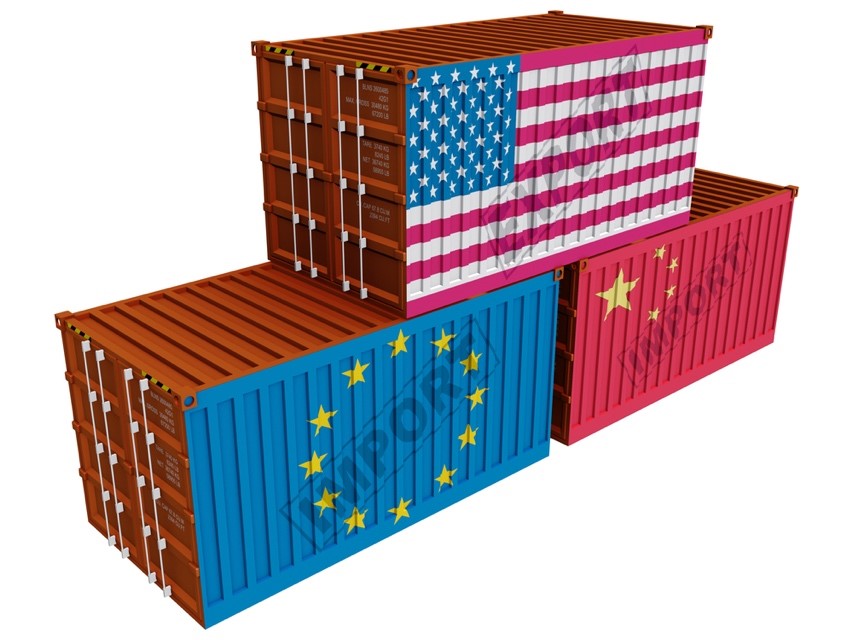Three weeks ago, I wrote a column about why investors should fear Trump’s “really dumb idea” – his decision to slap tariffs on U.S. aluminum and steel imports.
Some readers objected, arguing that Trump is a brilliant negotiator and pointing out that the market – after stumbling briefly – seemed to have shrugged the whole thing off.
But it hasn’t shrugged it off lately.
Trump’s announcement Thursday that he would slap $60 billion in tariffs on Chinese imports caused an immediate reaction in the market – one that only a short seller could love.
The Dow plunged more than 1,100 points in two days as investors grew increasingly concerned about a trade war.
This fear could keep stocks under pressure for a while. But I’m not advising readers adjust their exposure to equities.
At least… not yet.
Yes, China runs a $375 billion trade surplus with the U.S. But that is not entirely bad.
China is the factory to the world. We love its inexpensive electronics, clothing and furniture. It loves our agricultural exports, finished products and technological services. (Although Chinese consumers don’t have the purchasing power that American consumers do.)
The bigger problem is that China engages in mercantilist policies, stealing intellectual property and forcing foreign companies to turn over cutting-edge technology.
That is clearly wrong. But slapping tariffs on Chinese products is not the way to fix it.
A far better approach would be to form a coalition of countries damaged by these policies – including Japan, South Korea and most of the European Union – and present a unified front, letting China know its practices are unacceptable and won’t be tolerated anymore.
Trump’s choice – unilateral tariffs – has only ignited retaliatory actions by China… along with threats that it can and will do more. (Not good, especially if you’re a U.S. exporter.)
It’s also worth noting that the Chinese are targeting agricultural and manufacturing exports from districts won by Donald Trump, Mitch McConnell and Paul Ryan.
Turns out trade wars aren’t so easy to win after all.
The real problem for investors is that no one can know how this will play out.
Will both sides continue to escalate, causing further economic damage? Or will one side back down?
For instance, Trump announced steel and aluminum tariffs a few weeks ago but almost immediately walked them back by exempting Canada, Mexico and the European Union.
Yet these are the countries responsible for most of our steel and aluminum imports. So Trump wound up with the worst of both worlds: no real protection for domestic steel producers and anger and retaliation from the other countries.
Given that the war of words is heating up, protectionist retribution is already underway and the market is swooning, wouldn’t it be wise to get out of stocks?
No. That smacks of market timing… and market timing – except during rare periods of abject pessimism or rapturous euphoria – is a loser’s game.
For another thing, Trump just appointed Larry Kudlow as his chief economic advisor. Kudlow well understands the folly of protectionism and will help moderate Trump’s worst instincts.
Moreover, the president has repeatedly pointed to the roaring stock market as justification for his economic policies. (I, too, have noted the positive effect of tax reform and deregulation.)
So let’s hope Trump takes his cue from his favorite barometer – the Dow – and changes his tack.
Otherwise, there is likely to be more stormy weather ahead.
Good investing,
Alex
Thoughts on this article? Leave a comment below.
